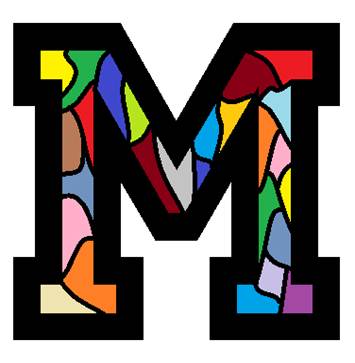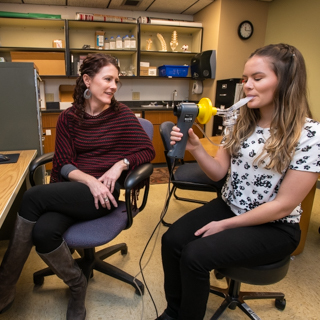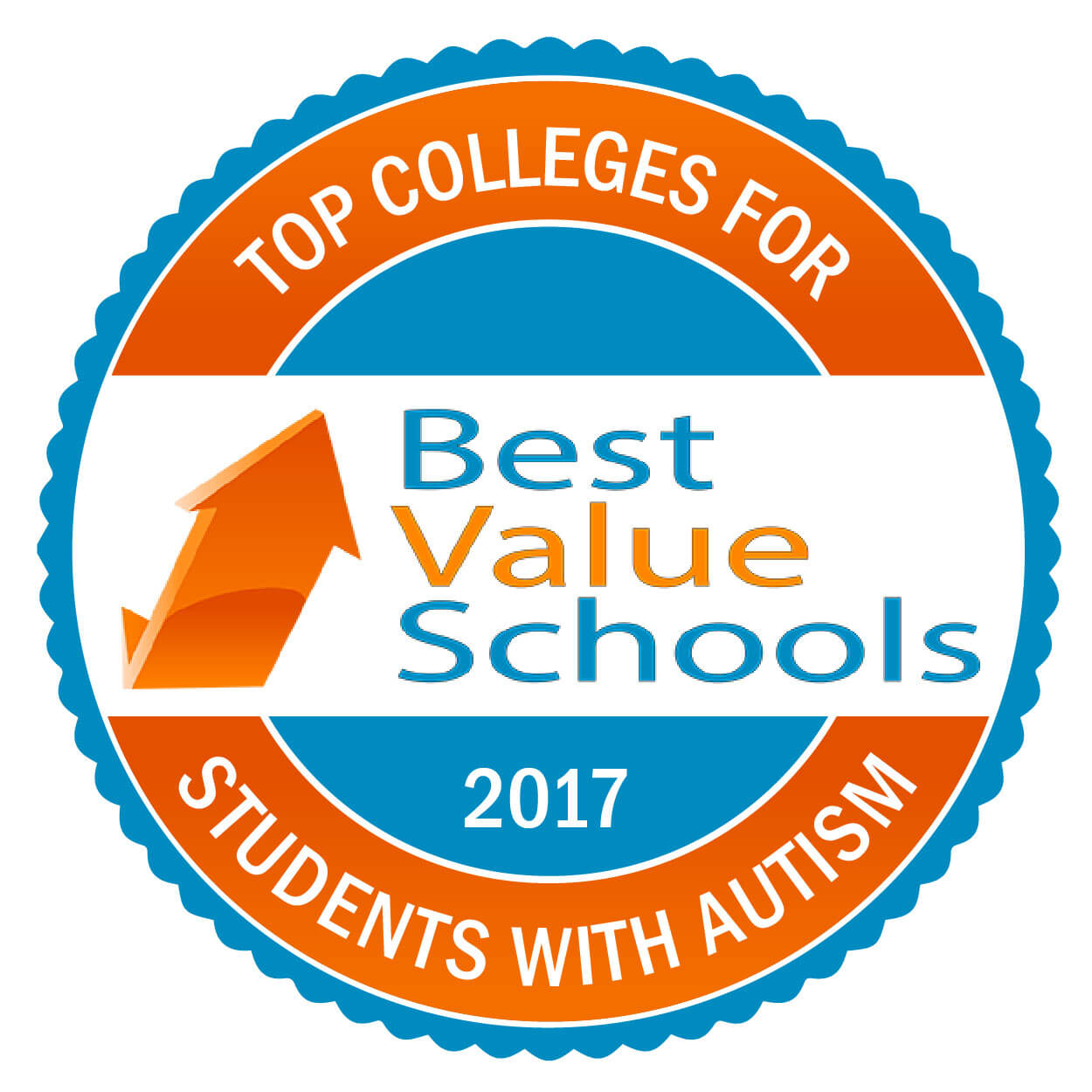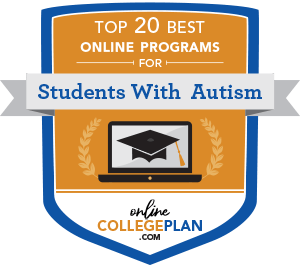MOSSAIC Program
About MOSSAIC
The MOSSAIC program (Mentoring, Organization, and Social Support for Autism/All Inclusion on Campus) is a University of Montana program for UM students and community members. MOSSAIC supports people with Autism and related disorders.
The MOSSAIC Tesserae
The MOSSAIC program has five essential pieces that help shape the program's goals and execution.
Direct Services
Speech-language pathologist address areas that can be impacted by a diagnosis of autism or related disorders. Direct services are triaged based on need and availability of services. Some areas include:
- Executive functioning skills
- The ability to plan, organize, and problem solve to support academics, employment, and independent living.
- Social skills
- Social skills related to making friends, conversations, employment competence, etc.
- Reading comprehension
- Strategies for understanding information presented in coursework.
- Written language
- Executive functioning skill development for writing support and refinement. The EmPOWER model is implemented.
Weekly Meeting Wednesdays 6:00 - 8:00 pm
All participants are required to attend a weekly meeting Wednesdays at 6:00. Students sign up with “Group Me” to get notifications. Some past events have included:
- Dinner and a movie
- Wire wrapping art
- Game night
- Puppy party
- Pumpkin carving
- Trivia for us by us
- Hiking
Evidence Based Practices
MOSSAIC employs a number of evidence based practices including:
- Peer mediated instruction and intervention
- Functional communication training
- Modeling
- Naturalistic Intervention
- Scripting
- Self-management
- Social narratives
- Video modeling
- Social skills training
- Technology-aided Instruction and Intervention
Writing Intervention
Offered intermittently, writing intervention is offered to support people currently in a writing class. Assessment and intervention are part of this offering and participants learn the EmPOWER model of writing structure.
Payment
The MOSSAIC program has several payment options for direct speech-language services. Please visit our payment practices page for more information.
Students participating in weekly socials pay $25 per semester.
Tesserae of Services
|
Service Tesserae |
Cost |
Notes |
|---|---|---|
|
Maroon Tesserae A - Direct Services B - Weekly meeting |
UM/Missoula College Students/Non-UM Participants Direct Services – Insurance billed, out of pocket, scholarship $130/session Peer Mentoring & Weekly Meetings - $25.00/semester (due at time of program acceptance) |
Students are strongly encouraged to attend weekly meetings. This gives opportunities to connect with peers on campus. |
|
Silver Tesserae B - Weekly meeting |
UM/Missoula College Students/Non-UM Participants Weekly Socials - $25.00/semester (due at time of semester start) |
Students are strongly encouraged to attend weekly meetings. This gives opportunities to connect with peers on campus. |
|
Orange Tesserae C - Community Education |
Presentations & Trainings Dr. Schoffer Closson provides trainings on how to make our spaces neurodivergent friendly. |
Email: Jennifer.closson@mso.umt.edu for inquiries. |
Evidence Based Practices
MOSSAIC employs a number of evidence based practices including:
- Peer mediated instruction and intervention
- Functional communication training
- Modeling
- Naturalistic Intervention
- Scripting
- Self-management
- Social narratives
- Video modeling
- Social skills training
- Technology-aided Instruction and Intervention
Join MOSSAIC
If you are interested in participating in the MOSSAIC program, please complete the application.

About Us
Schoffer Closson was featured in the University of Montana's 2014 Vision magazine for the work she has done with the YETI and MOSSAIC programs.

Jennifer K. Schoffer Closson, Ed. D, CCC-SLP
Dr. Jennifer Schoffer Closson is the director of the MOSSAIC program, the YETI program, the MIND Lab, and is an associate clinical professor for the School of Speech, Language, Hearing and Occupational Sciences. She is committed to teaching and providing evidence-based interventions for learners that experience autism and related disorders.


